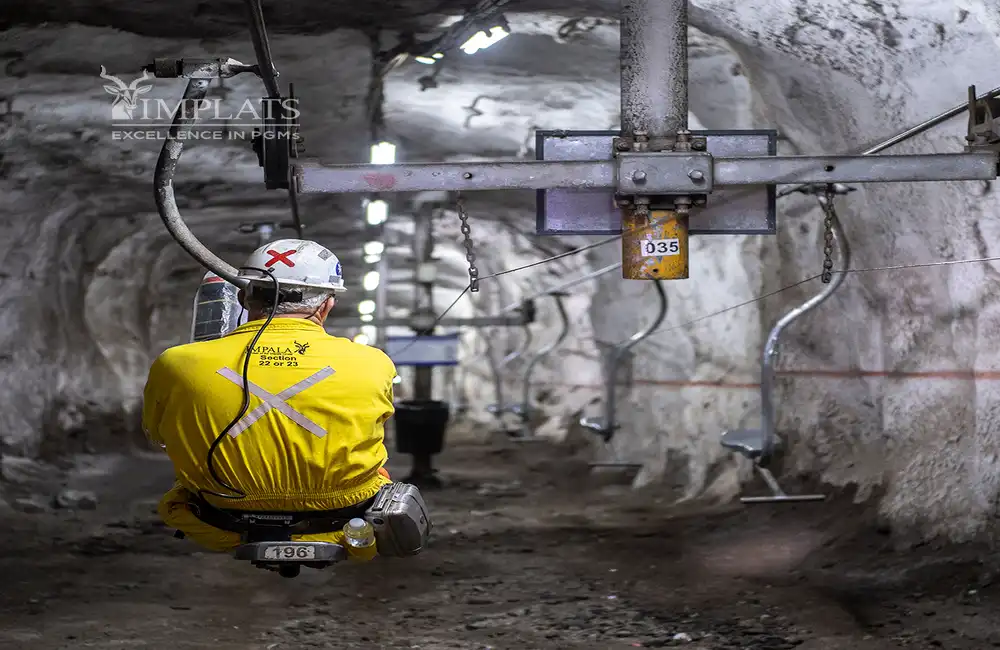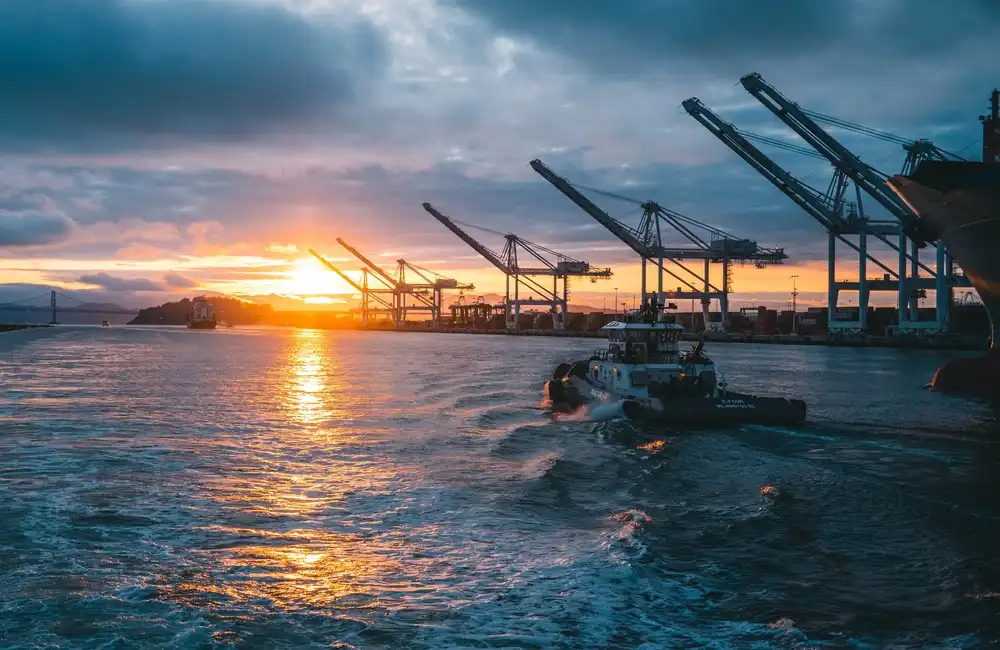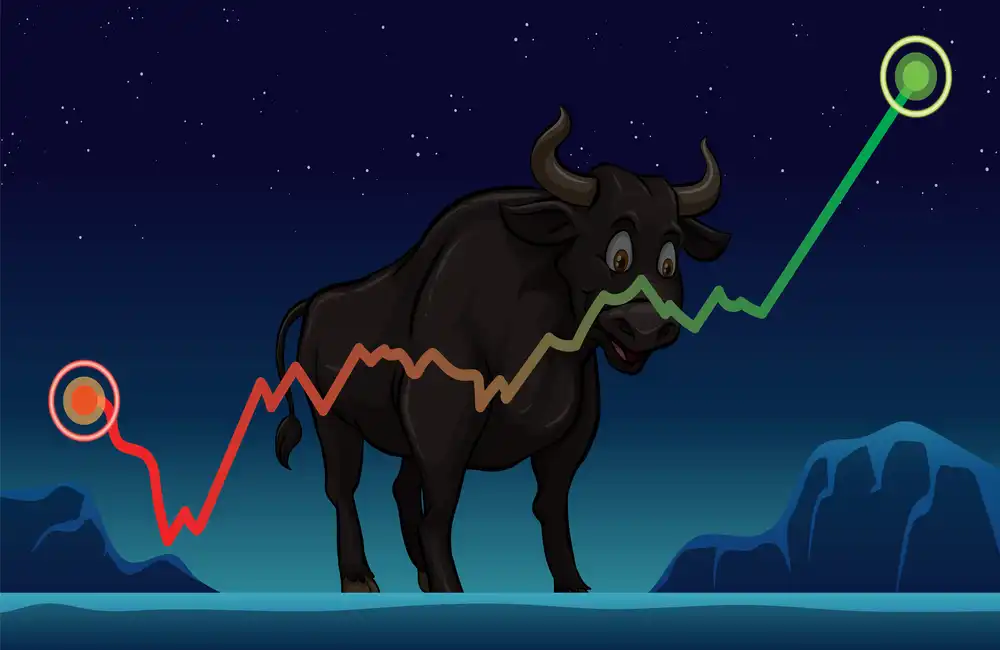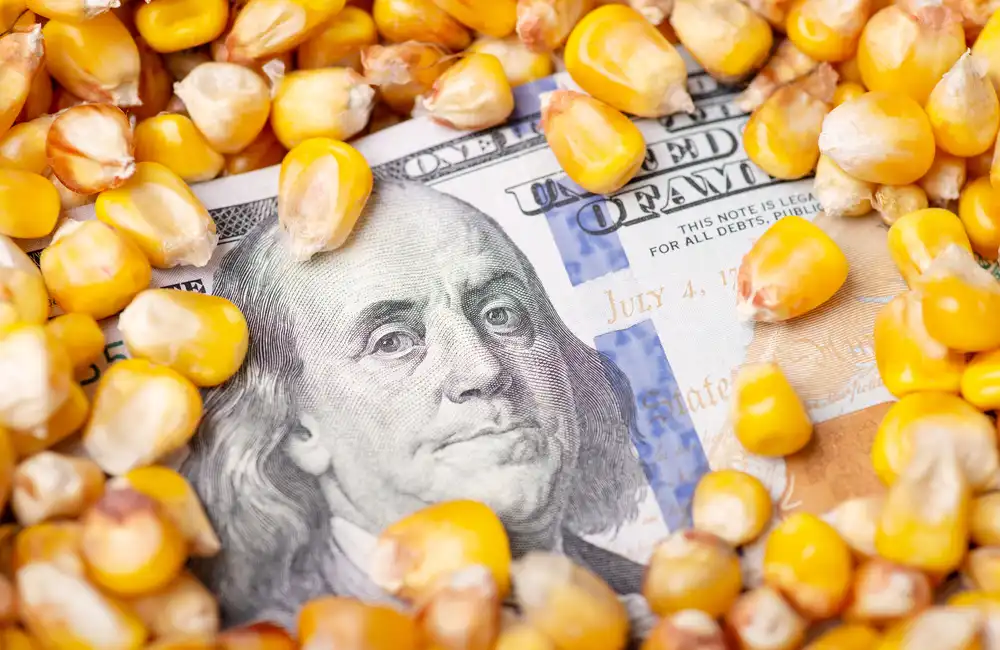The palladium spot price soared more than 5% to roughly $2,810/oz on March 3, following the news that Nornickel's global depositary receipts were suspended from trading on the London Stock Exchange.
“Such news does not ease the situation and is stoking fears of a complete supply outage of Russian palladium,” Umicore precious metals trader Sven Bandilla said in a March 3 note.
“Of course, speculation and/or fear having sufficient remaining palladium also contribute to volatility,” Bandilla said.
The palladium spot price at 1515 GMT March 3 was $2,761/oz.
Nornickel is by far the world’s biggest producer of palladium and high-grade nickel and a significant producer of platinum and copper. Russia mined about 2.5 million oz of palladium in 2021, approximately 45% of global output. Russia is the top palladium producer, with South Africa second.
The palladium spot price has been on the rise since early in the week.
The price movement was speculative, he said, SBG Securities lead PGM analyst Adrian Hammond, speaking to S&P Global Commodity Insights.
Johan Theron, Impala Platinum's group executive for corporate relations, also echoed this sentiment.
So far we have only observed broad physical constraints at work -- and even allow ourselves to remember it is still early days in terms of significant processing inventories at work in the normal business cycle available to cover incipient bottlenecks," Theron said.
Karolina Jackiewicz, trader at UK-based minor metals trading house Lipmann Walton & Co., told S&P Global: “For now it’s just sentiment, knee-jerk reaction to what’s happening in Ukraine as Russia accounts for a large share of annual palladium output.
Logistics Constraints
Also likely part of the equation is the logistical reality.
Precious metals, think platinum, palladium, and rhodium, are usually shipped via air freight. As Russia continues its military invasion of Ukraine, the US, Canada, and the EU have closed their airspace to Russian aircraft.
“To avoid an endless series of factors that impact the palladium price, one could also mention the logistical problem: palladium is mainly shipped by passenger planes, however, many airspaces are closed for Russian planes,” Bandilla said.
Rene Hochreiter, managing director of Sieberana Research, said it was a great logistical issue that was eventually being recognised.
“No planes, no export/import permits, no bank accounts to settle up or to be settled up with,” Hochreiter said, “until sanctions busting happens, palladium prices will remain high.”
But UK brokerage Liberum mining analyst Ben Davis told S&P Global: "I would be surprised if it was logistic issue already, I suspect self sanctioning is more widespread than we thought it would be, especially from China.
Liberum’s analyst said he was uncertain how the market would react if Russia became bent on platinum group metals.
“But certainly not enough countries to take the volumes if they are trying to avoid US secondary sanctions,” Davis said, adding that “Norilsk share price would imply that they can’t sell, that’s for sure."
Henrik Marx, the global head of trading at Heraeus Precious Metals, told S&P Global: "Overall, I would say there is so much movement in the market with new developments basically on an hourly basis compared with general nervousness in the market, which is causing the hikes."
Most of the autocatalytic manufacturers had acquired the metal, suggesting palladium stocks were sufficient in the very near term, but potentially looking at depletion levels within the next month or two, a South African research house said, adding that China had begun to impose restrictions on Russia.
Palladium is also a fundamental element in gasoline engine auto catalysts, the type most commonly deployed in the US and China, that reduce emissions. About 85% of palladium demand is from the auto sector.
Iridium
South African and Zimbabwean platinum group metal producers would be the main beneficiaries, even though iridium prices have started to recover, the research house added.
Iridium is an important ingredient in various niche products, such as crucibles that withstand in excess of 1600 degrees Celsius for growing synthetic crystals for electronics and telecommunications systems (including, but not limited to 5G), high-performance spark plugs, medical devices, and iridium-coated electrodes for naval ballast systems.
“The thing is, Iridium is not particularly dependent on the Russian market, less than 10% of the production, because it is a very small market in general, and it tends to be volatile,” Jackiewicz at Lipmann Walton & Co. said.
“China is a big market for PGMs and since they are not implementing any sanction on Russia, PGMs that are produced there could easily be diverted and be consumed in China."
On March 3, Johnson Matthey said its iridium base price was $4,400/oz and the base price from refiner Engelhard Materials Services (BASF) was $4,300/oz.





















